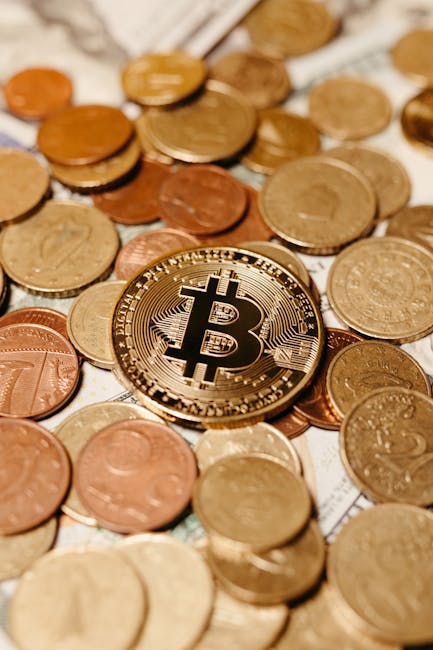The Significance of In-Game Currency

In the digital world of mobile gaming, in-game currency is the lifeblood of the virtual economy. It enables players to purchase items, upgrades, and other game enhancements, adding a layer of depth to the gameplay experience. Thoughtful design of these currency systems is crucial to maintaining balance and fairness in the game, ensuring that all players have access to a rewarding experience, while also providing opportunities for monetization.
Properly implementing in-game currency requires understanding player behavior and setting appropriate value for the currency's purchasing power. Balancing the availability of this virtual money with its necessity for progress is key to keeping players engaged without making them feel compelled to spend real money, unless they choose to do so for added convenience or to enhance their enjoyment. The psychological impact of in-game currency cannot be overlooked. Players often perceive their in-game wealth as a significant part of their gaming identity, which can drive competitiveness and dedication to the game. By carefully curating the currency system, developers can harness these emotions to foster a more immersive and compelling game world.



















